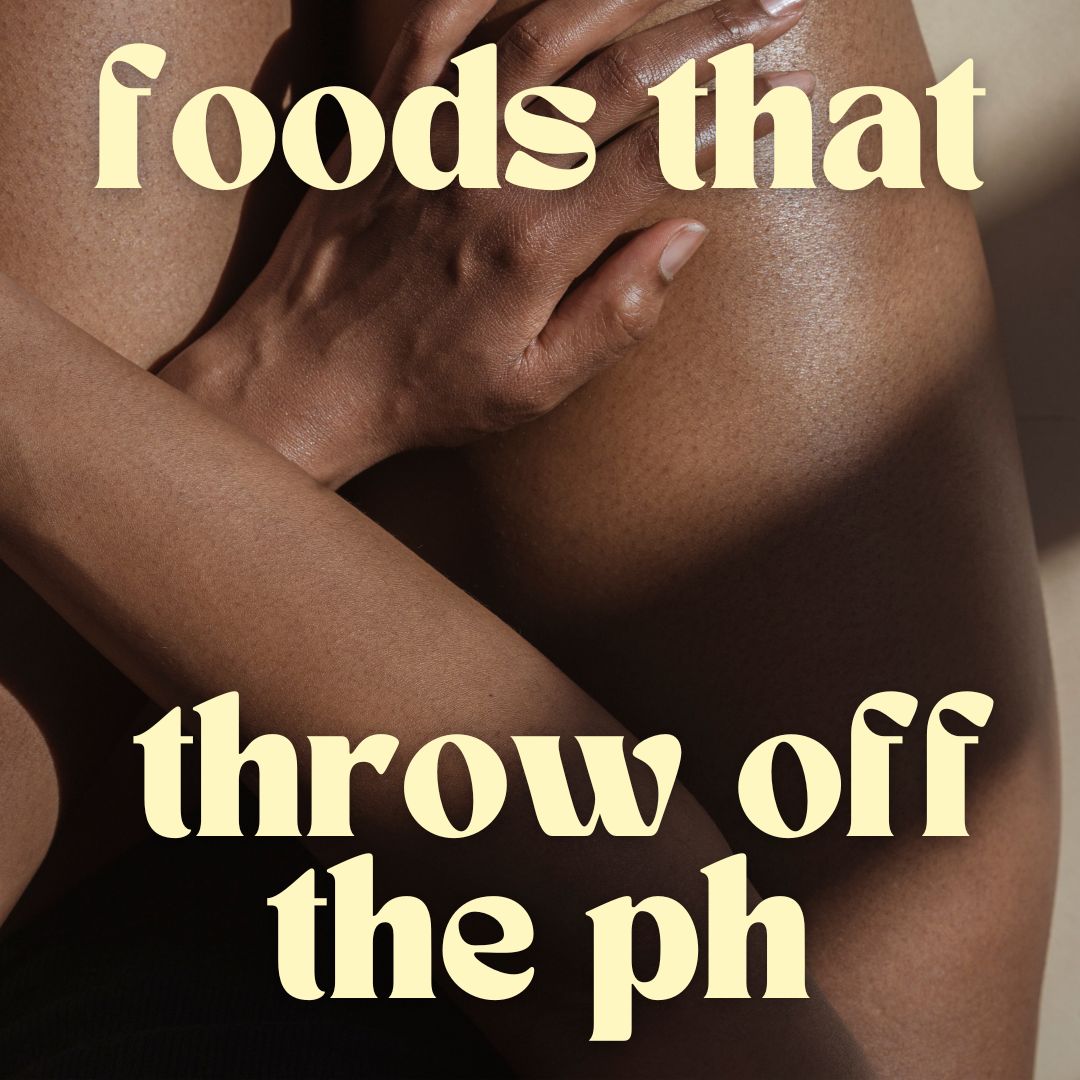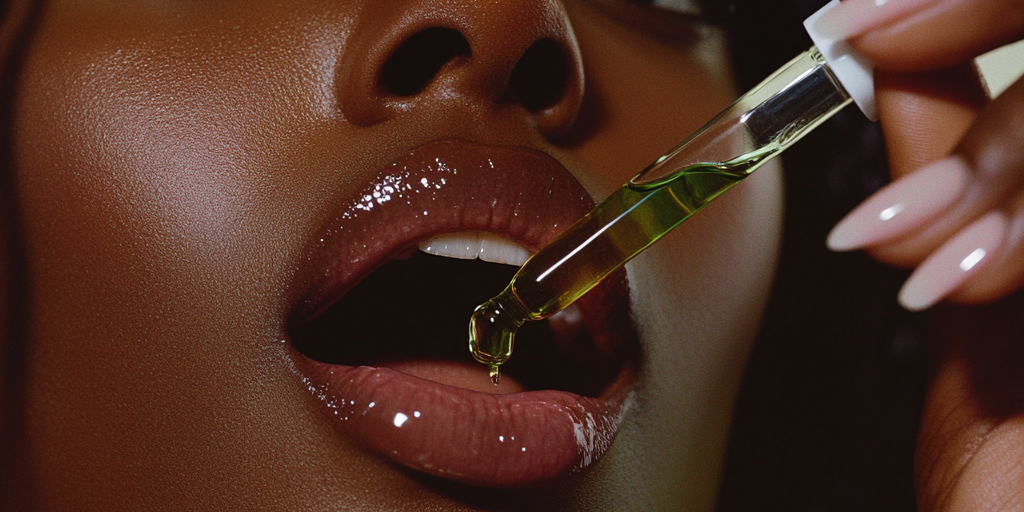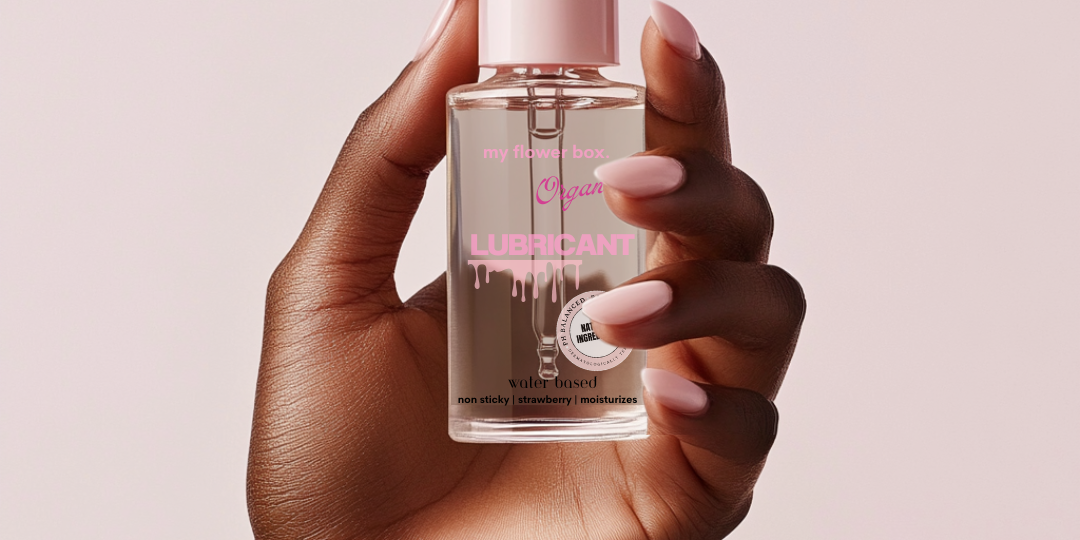Foods that throw off the PH balance

You already know that what you eat can impact your energy level, skin, mood, gut health —everything in your body! And for women, that includes your lady parts.
You might not know this, but you can control your vaginal pH through what you eat. Your vagina is naturally home to both "good" and "bad" bacteria. A healthy vagina has a balance of the two, which can fluctuate depending on your diet and lifestyle. Whether your vagina smells fresh or funky, it’s all in your hands.
Normal vaginal pH ranges between 3.8 and 5.0. Nutrition plays a major role in vaginal health and the foods we eat can impact our vaginal pH.
What are the worst foods for vaginal health?
Sugar
You know what's the worst? Getting a bacterial infection in your coochie. That's right, if you're eating a ton of candy, soda, and other sugary snacks, it can lead to bacterial infections because it messes up your body's pH balance.
Coffee
Who doesn't love a good cup of coffee? That cup of java is good for your brain, but it may not be great for your vagina. Coffee can have some surprising side effects on your lady parts: It can cause vaginal dryness and irritation, which can lead to painful sex. Coffee can also make you more prone to yeast infections and UTIs.
Alcohol
It is very important to stay hydrated. Too much alcohol can leave the body high and dry. Dehydration can cause vaginal dryness, and lack of proper lubrication can make your vagina itchy, uncomfortable, and even painful. But all it takes is a few simple changes to keep your body hydrated so you can stay healthy and happy!
Processed foods
When you eat all packed foods, they naturally have a lot of preservatives, salt and sugar and other chemical in them. All these not only bring down your immunity but also mess up the pH balance of your vagina which can cause it to smell foul or even become prone to infections.
Greasy foods
If you're a fan of fast food, you may want to reconsider your eating habits. High-fat foods can affect the balance of bacteria in the vagina and are also associated with a higher risk for bacterial vaginosis.
0 comments





